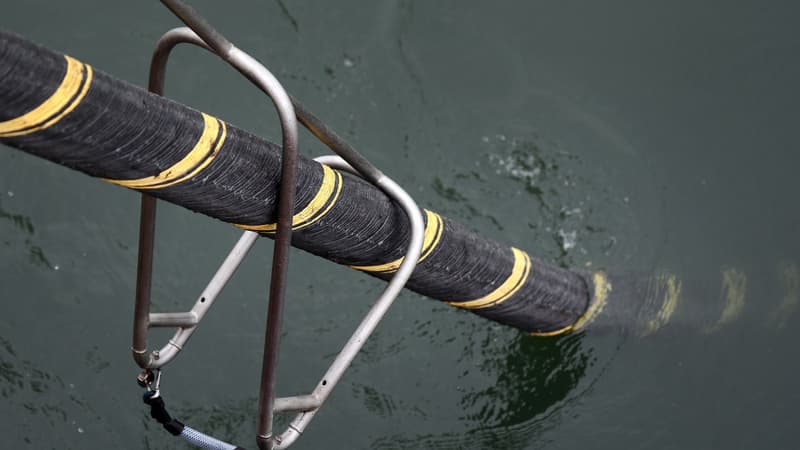The submarine cables used for international communications and the Internet network were cut in the Red Sea, Microsoft announced on Saturday, September 6, causing Internet traffic to interfere with Asia and the Middle East according to an Internet access organization.
Microsoft announced in a press release from its Azure Distancy computer platform that the Middle East “could experience greater latency due to submarine cable cuts in the Red Sea.”
The American firm gave no immediate detail about the causes of the incident. However, she said that Internet traffic does not lead the Middle East region “is not affected.”
“A series of breakdown”
The Internet access monitoring organization that is found in London’s networks, meanwhile, pointed out that a “series of submarine cables in the Red Sea has degraded Internet connectivity in several countries, citing in particular India, Pakistan and the United Arab Emirates.
She attributed these disturbances to “failures that affect the SMW4 and IMEWE cable systems near Djeddah, in Saudi Arabia.” A real backbone of global communications, submarine telecommunications cables of the 99% route of international data exchanges.
According to the International Cable Protection Committee (CIPC), the main organization of the sector, there is an average of 150 to 200 breakups per year worldwide. If most are cut by ship’s anchors, they can also be the goal of attacks.
1.4 million kilometers of fiber optic cables
This failure occurs while Yemen’s rebels, supported by Iran, regularly launch attacks against ships in the Gulf of Adén and in the Red Sea in solidarity with the Palestinians of Gaza, besieged and subjected to an Israeli military offensive of an devastating offensive, consistent with the attack of October 7, 2023 of the Palestinian movement Hamas Israel. In 2024, the Yemeni rebels had denied having attacked submarine cables in the Red Sea.
Around 1.4 million kilometers of fiber optic cables cross the oceans, which allows data supply worldwide for essential services such as trade, financial transactions, public services, digital health and education.
Source: BFM TV


